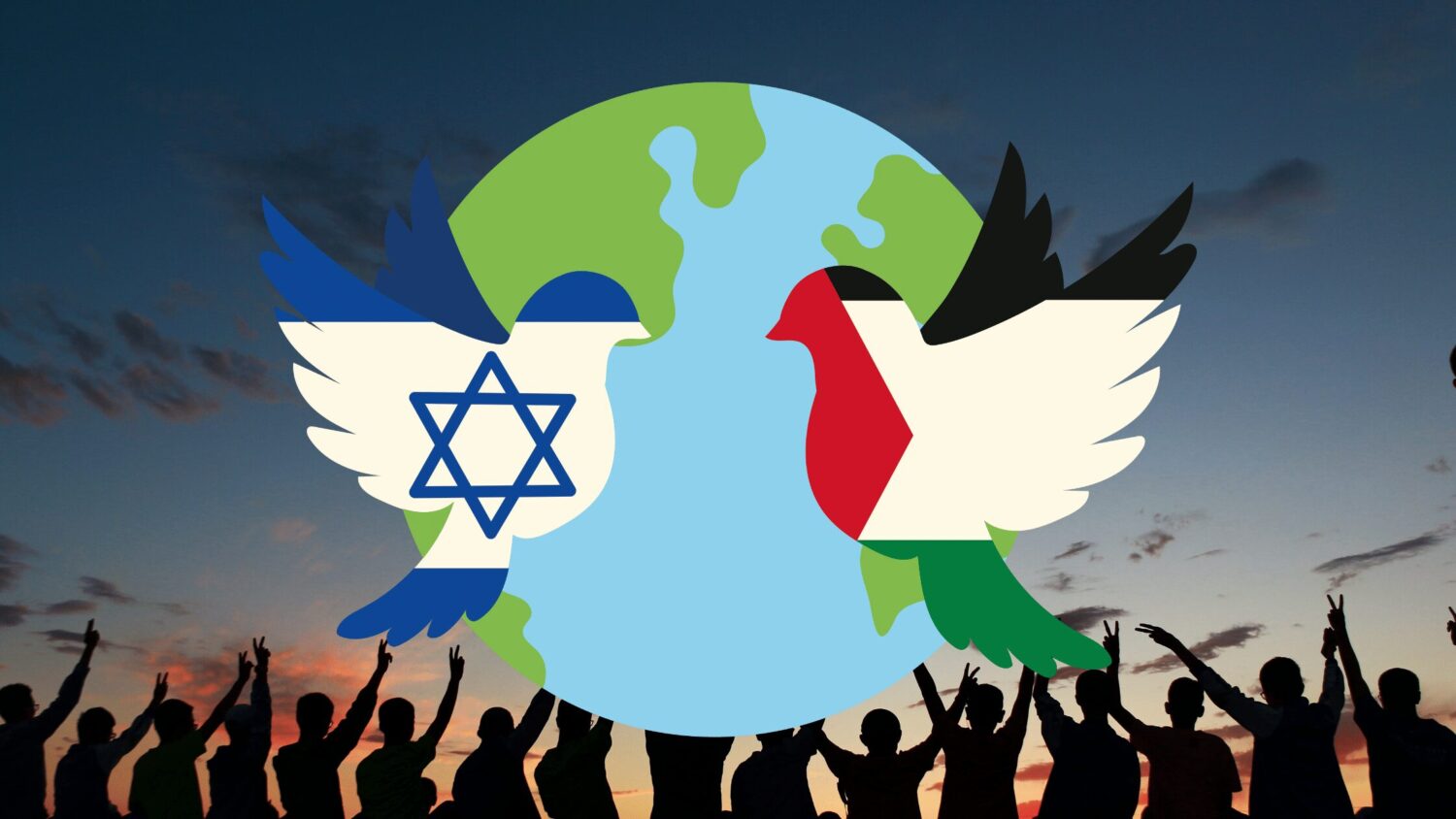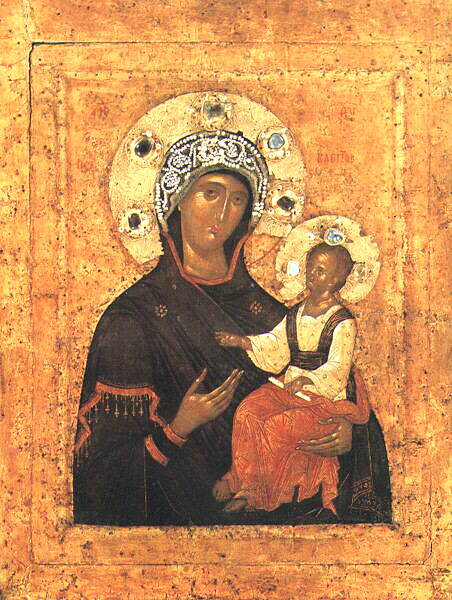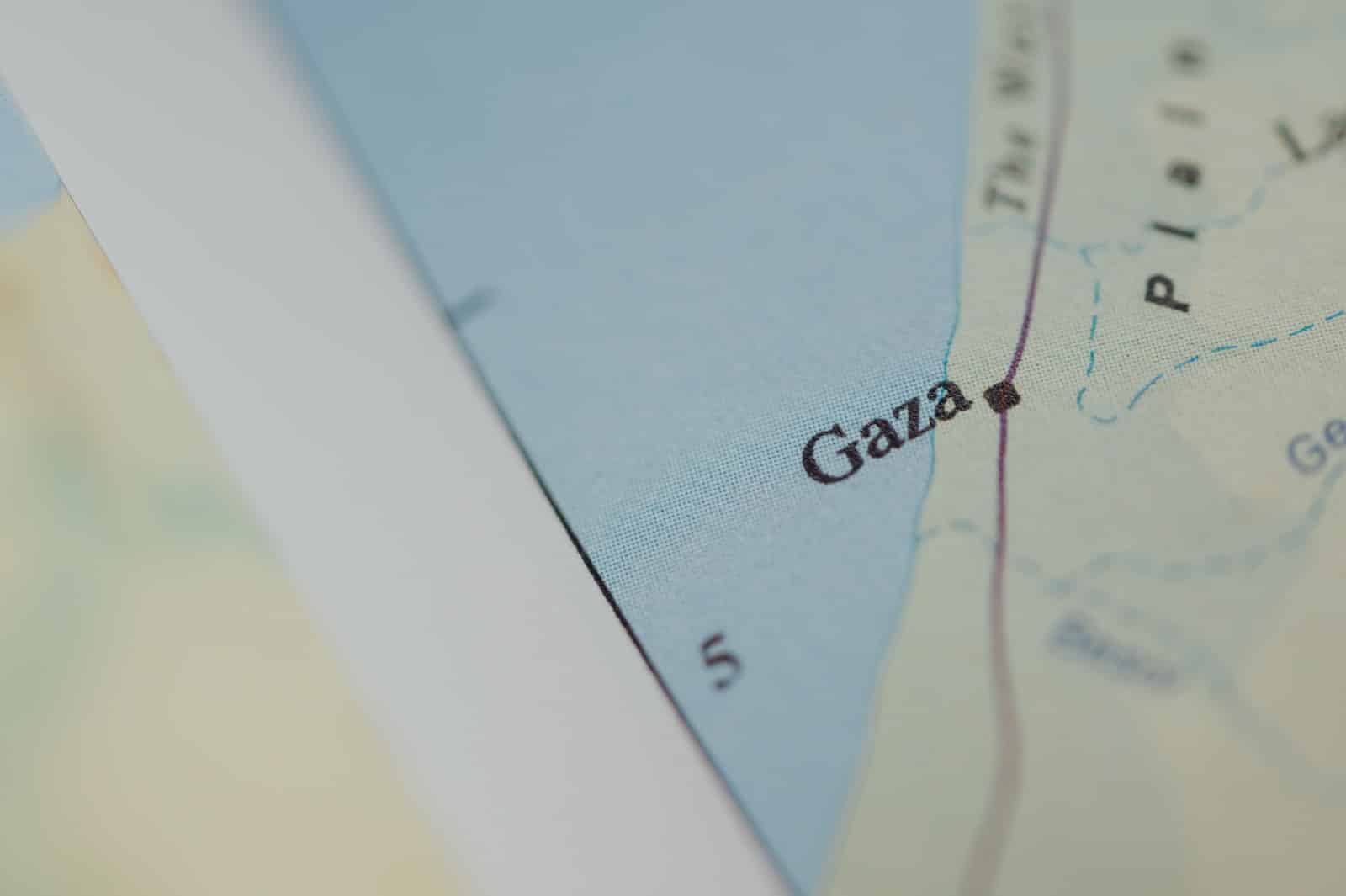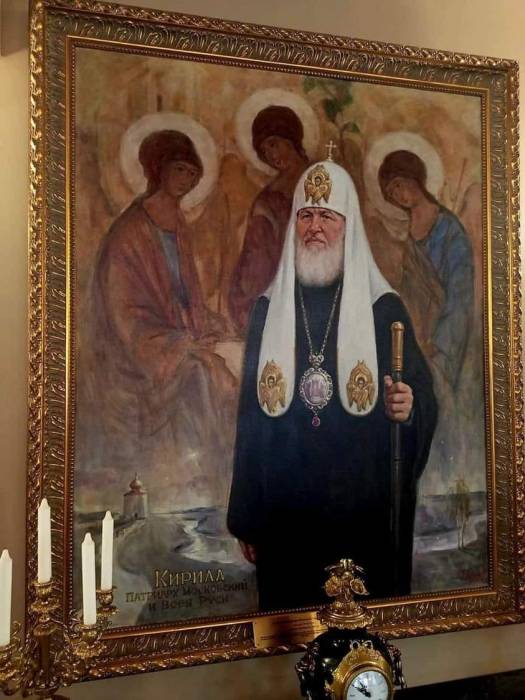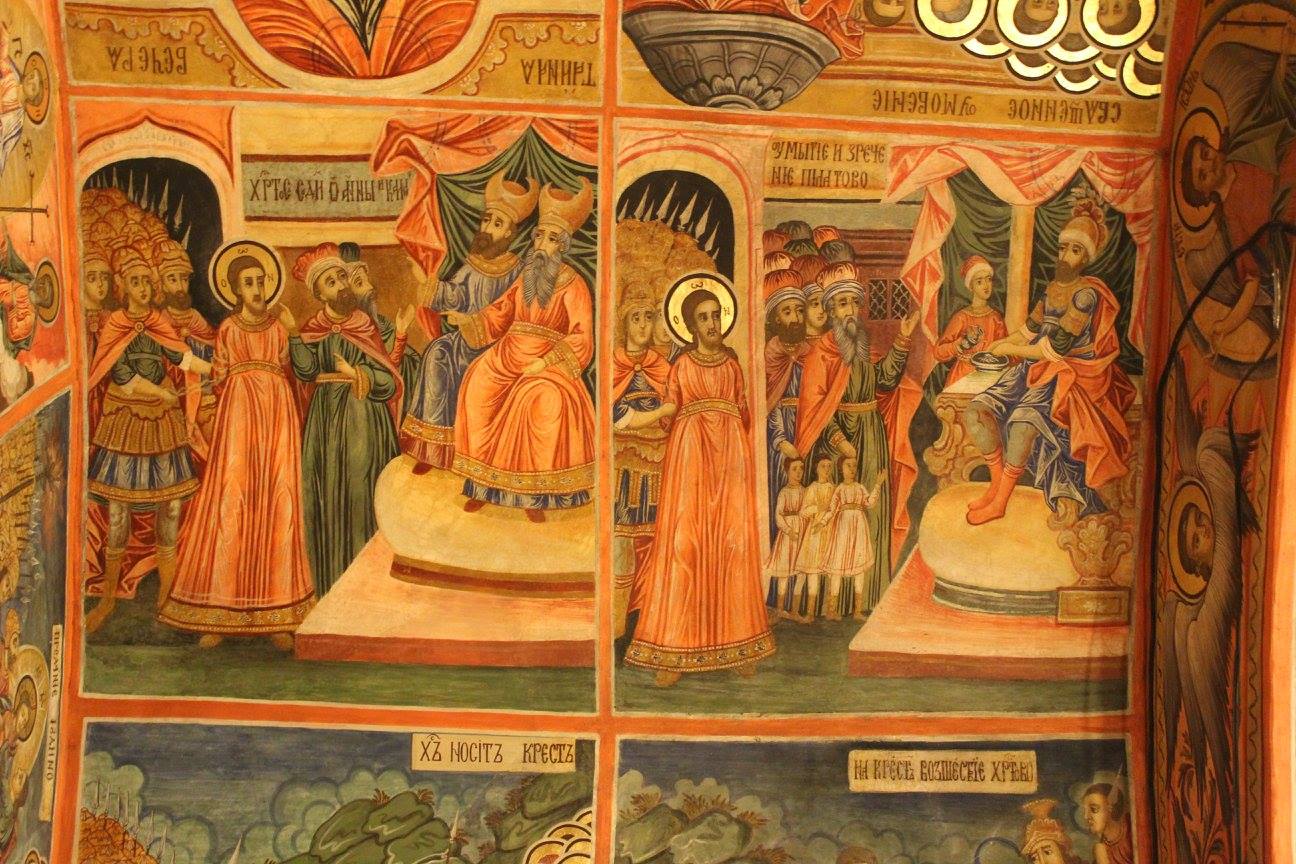For years I have spoken as a Muslim, but never as an Islamist. I firmly believe in the separation between personal faith and politics. Islamism, by seeking to impose its vision on society, is in contradiction with the principles of a moderate democracy and a modern state.
Founded in 1987, the Islamist movement Hamas emerged in the context of the Israeli occupation. Its beginnings were tinged with a sense of despair and a desire to defend the rights of the Palestinian people. Over the years, however, Hamas has evolved towards a more radical political approach, advocating an exclusive and dogmatic vision.
Hamas has many objectives, ranging from the total liberation of Palestine, including Israel, to the establishment of an Islamic state in Palestine. Hamas is funded from a variety of sources, including individual donors, charities and countries that share some of its political aspirations. Countries that support Hamas include Iran, Qatar and Turkey, which share similar political and religious interests. This financial and political support has had an impact on the movement’s development and has helped to strengthen its positions.
The recent dramatic events resulting from Hamas attacks have cost the lives of more than a thousand Israeli citizens, causing immeasurable grief and sorrow.
The solution today lies in ending the stranglehold of Hamas. Freeing the Palestinians from the grip of Islamism is crucial if they are to be given the opportunity to express themselves democratically. They must have a choice of democratically elected representatives to engage in constructive dialogue and find peaceful solutions for coexistence with their Israeli neighbour.
It is imperative to establish a transparent democratic process, guaranteeing the participation of all Palestinian voices. This means not only the freedom to choose their leaders, but also creating an environment conducive to open and respectful debate. Palestinians deserve the chance to contribute actively to the search for lasting solutions, while preserving the dignity and rights of every individual.
Ending the stranglehold of Hamas will enable the Palestinians to free themselves from the constraints of political Islamism and embark on the road to a democratic and prosperous future. This is a crucial step towards building a society based on justice, tolerance and mutual respect.
It is time for Europe to wake up to this threat, which in the long term could destroy the foundations of a modern, democratic society. We must work for a lasting peace, based on mutual respect and peaceful coexistence.
Together, let us work for a future in which Israel and Palestine live as good neighbours, respected and independent, allowing every individual to practise their faith in complete freedom, while contributing to the prosperity and peace of the region.
For an enlightened vision: supporting Palestine, discerning extremism
I would like to affirm my support for a free and independent Palestine, coexisting harmoniously with its neighbours. However, it is crucial to make a crucial distinction: between the Palestinians, Palestine and the Islamist movement Hamas. Hamas does not represent Palestine in its entirety, but is an Islamist political group with a single objective: the obliteration of Israel.
It is undeniable that Hamas possesses considerable power, but it is essential to understand that this movement does not reflect the aspirations and desires of the Palestinian people as a whole. This is why it is imperative to distinguish between Islam as a spiritual religion, a source of personal faith, and Islamism as a political project.
In our countries in Europe, unfortunately, we face a situation where politics and civil society are infiltrated by influences that confuse these two realities. Those of us who try to make this distinction often find ourselves facing threats or condemnation.
It is time for our countries in Europe to wake up, show discernment and promote enlightened dialogue. Supporting Palestine does not mean automatically supporting Hamas. We must work for a free and independent Palestine that is open to constructive dialogue with all its neighbours.
It is our duty as citizens to promote an enlightened vision, where we distinguish between the legitimate aspirations of Palestinians for independence and the actions of a radical political group. This is how we will contribute to the search for a lasting and just peace in the region.
Differentiating between fair criticism and hasty judgement
It is regrettable that some Muslims today are reluctant to accept any form of criticism of Hamas. Yet for a believer who cherishes his faith and religion, it is inconceivable to endorse terrorist acts, whatever their origin.
Hamas, as an Islamist organisation, raises major concerns. It is imperative to recognise that its actions, while claiming a cause, can be profoundly dangerous, first and foremost for the Palestinians themselves. The reality is that this organisation uses tactics that endanger the lives and rights of Palestinians, without always seeking peaceful and constructive ways forward towards an equitable solution.
This is not just limited to the Palestinians. Hamas has a significant impact on the perception of Islam throughout the world. Unfortunately, it can reinforce negative stereotypes and engender mistrust of Muslims in general. As such, this is a concern that transcends the borders of Palestine and affects the global Muslim community.
It is crucial for Muslims to remember that faith in God and love for their religion cannot coexist with the justification of acts of terrorism or violence. Islam advocates peace, justice and compassion for all humanity.
As believers, we have a responsibility to distinguish between the legitimate defence of Palestinian rights and the actions of an organisation that sometimes runs counter to the fundamental values of Islam. Criticising Hamas does not mean rejecting the Palestinian cause, but rather engaging in constructive dialogue to find just and lasting solutions.
It is time to stand up and make our voices heard in defence of the true principles of Islam, those of peace, justice and peaceful coexistence between all human beings.



